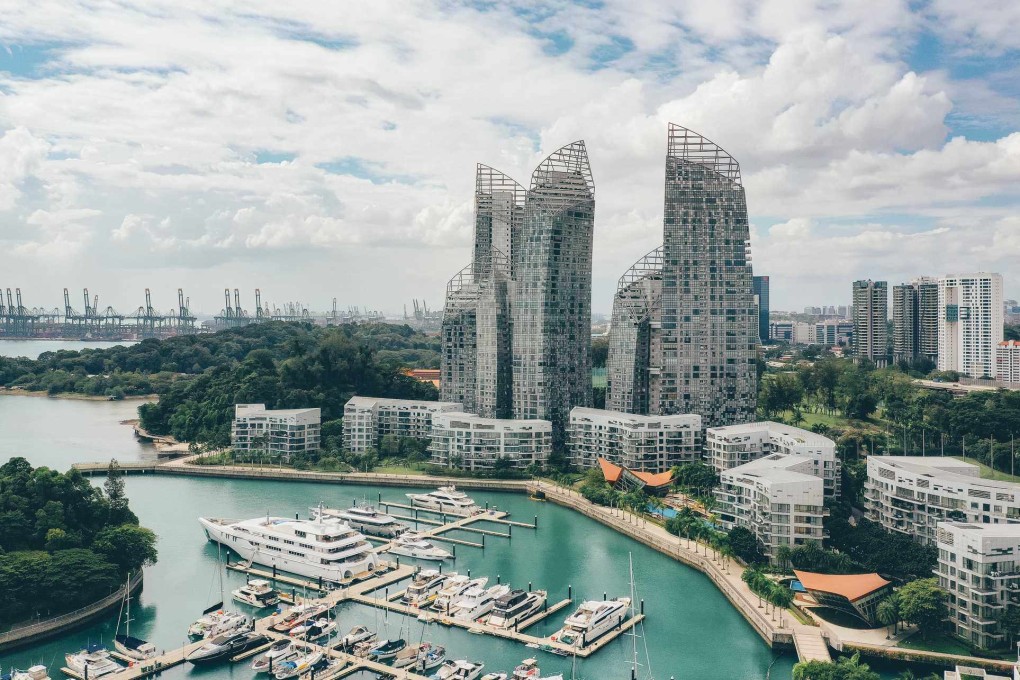Advertisement
Explainer | Is Singapore still a ‘tenant’s haven’ as rents heat up and more Hong Kong expats arrive?
- Rents in Singapore’s private residential market rose by double-digits in the first half of this year, a rate not seen since 2007
- Rising domestic demand and supply chain issues as a result of Covid-19 could also change home rental outlook in the city state, analysts say
Reading Time:4 minutes
Why you can trust SCMP
7

Kok Xinghuiin Singapore
For decades, Hong Kong and Singapore have shared many similarities, among them the many expatriates who rent homes in the thriving Asian financial hubs. However, differing Covid-19 policies have affected rental prices in the two cities.
In Hong Kong, rents declined by 1.3 per cent in the first half of the year, as expats unable to tolerate pandemic travel restrictions left the city for jobs elsewhere.
But prices are going in the opposite direction in Singapore, which has reopened its borders and is now keenly pursuing overseas talent. Rents for the private residential market in the city state rose by 11.2 per cent in the first half of this year, according to figures from the Urban Redevelopment Authority (URA), marking the first period of two-digit growth since 2007.
Has Singapore always been a haven for tenants?
Hong Kong last month retained its title as the world’s most expensive city for expatriates to live in for the third year running, while Singapore ranked No 13, according to a survey by human capital firm ECA International.
Even though rents in Singapore are not cheap, they have been stable, according to Nicholas Mak, head of research at the Singapore-based APAC Realty unit ERA.
“It has been a tenant’s haven. Rents either fell or remained quite stable,” said Mak, who has watched real estate in the city state for more than two decades.
Except for when prices increased from late 2004 until the financial crisis started in late 2007, rents had been stable because there was always enough supply, he said. Prices sometimes declined despite the economy doing well because there were so many homes being built, he added.
Advertisement